
José E. Iglesias, journalist and director of Mallorca Global.
Tourism or chaos. Tourism or nothing. In short, those are the lessons that remain from the Great Lockdown and the partial closures during the pandemic in thousands of residents of the Balearic Islands, the land where the pandemic crisis sank its teeth hardest. It was known that there is no option outside of tourism, but it is one thing to know that if you are hit by a car, you risk your life and another is when it really hits you. There is no viable alternative that can offer a standard of living with dignity. There we have the humiliating advance of the hunger lines, in the heart of our city, to the shame of our unfair society.
Thus, devastated and frightened, we have learned to revalue tourism -we hope that those of the “tourist go home” graffiti have had time and arguments to reflect- and, furthermore, to see the urgency for the Balearic Islands to explore economic and professional alternatives to the travel industry without further delay. Not to replace it, because it is irreplaceable, but to diversify GDP, sharing weight with other sectors today that are clearly insufficient or unknown. The Government has to be deeply involved in this task -it is its responsibility to strengthen the future of the region that has chosen it- with seriousness, efficiency and a lot of transparency, especially to avoid partisan beach bars and ghost projects, not going to be that they return to us to sneak in another Japanese light bulb factory like in the early 90s.
Saying that tourism is not gambling should not be interpreted as a defense of deregulation, as has been happening, at intervals, since the birth of our autonomy, but quite the opposite, of protecting what really makes us attractive to travelers, the usual: the surroundings, the environment, the climate, the rich material and immaterial vestiges that have survived from the island’s history and… the calm and the ‘seny’. To say that tourism is not gambling does not mean letting the sometimes exorbitant waves of visitors roam at their ease through tiny island geographies without order or concert, creating unwanted social tensions. But order it so that they take away, and leave, memories at least not unpleasant. This is also a clear competence of our leaders: planning and ordering.
Now, at this point and without rejoicing because the worst effects of the crisis will still be visible, we face Mallorca’s time, in which the entire society will have to ask itself, like JFK, what can I do for the island, not what the island can do for me, to overcome the challenge. In parallel, we must demand excellence from the Administration in the management of the promised fortune, with a fair and timely distribution, both to small and large, because in the end we will all have to return it in one way or another. And, among all of them, to successfully face the race of competition and competitiveness from the lowest positions in which we find ourselves to regain the leadership of previous years. Without leaving anyone behind and reinstating the rights assigned, once again strengthening labor relations and the social fabric. Working from a concept of sustainability and safety that begins in people.
If all crises draw social changes, this has caught us in full transit, on the one hand, towards the information society and, on the other, and not least, towards a more specialized and quality tourist reconversion. And from now on, in an environment of globalization never before so clearly explicit as the post-pandemic, with all the insecurities that this entails.

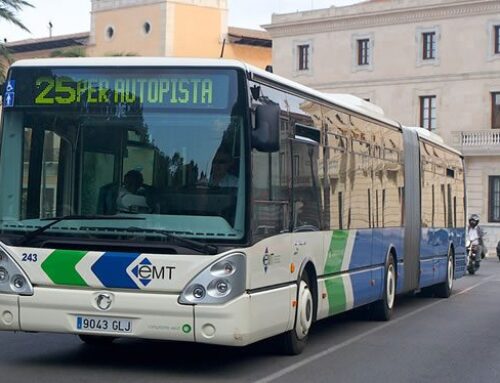
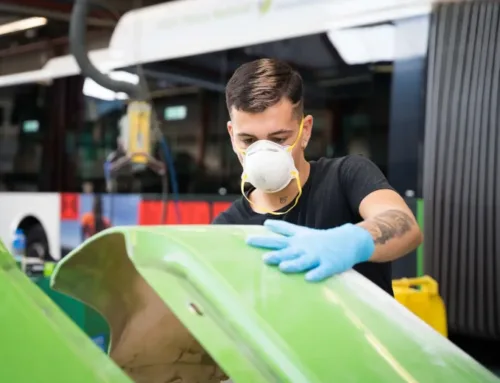
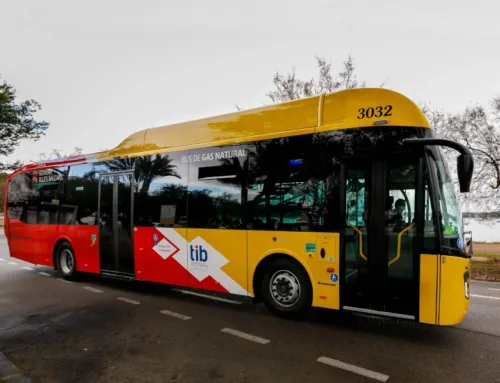
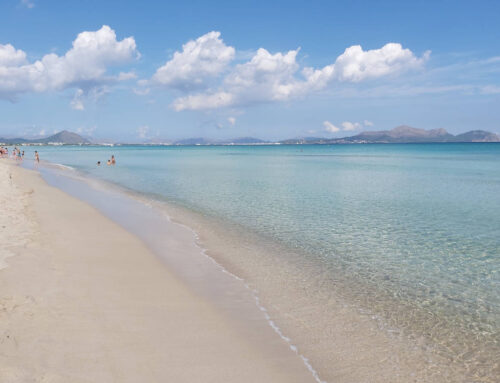
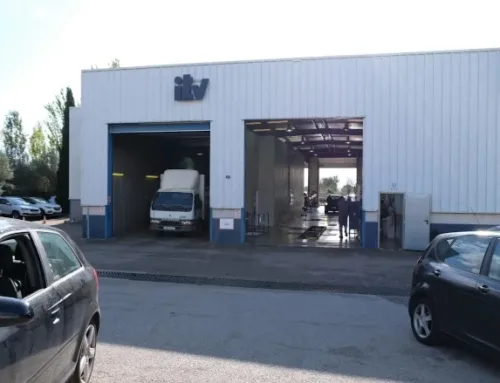

Leave A Comment